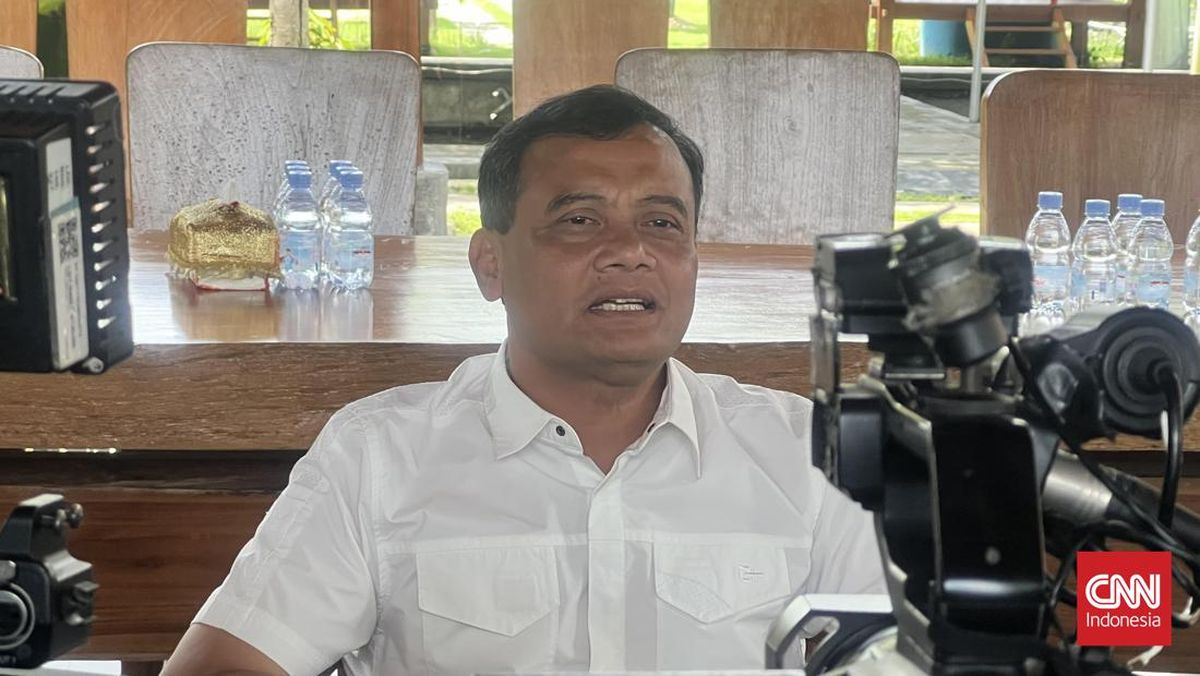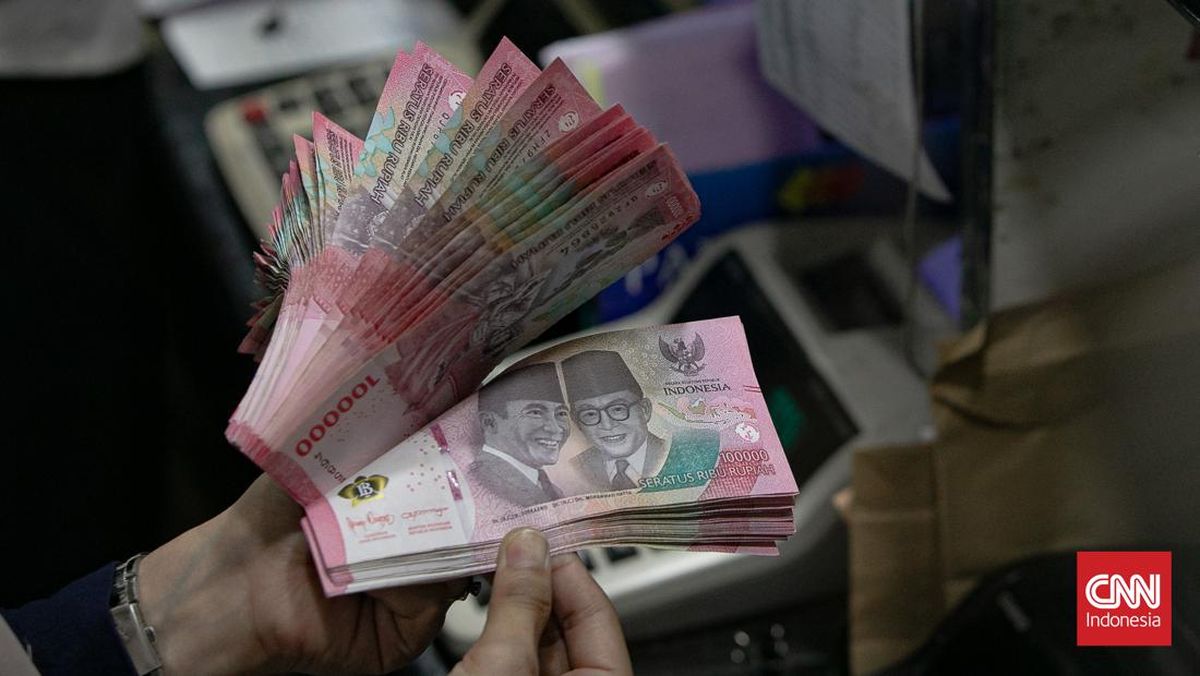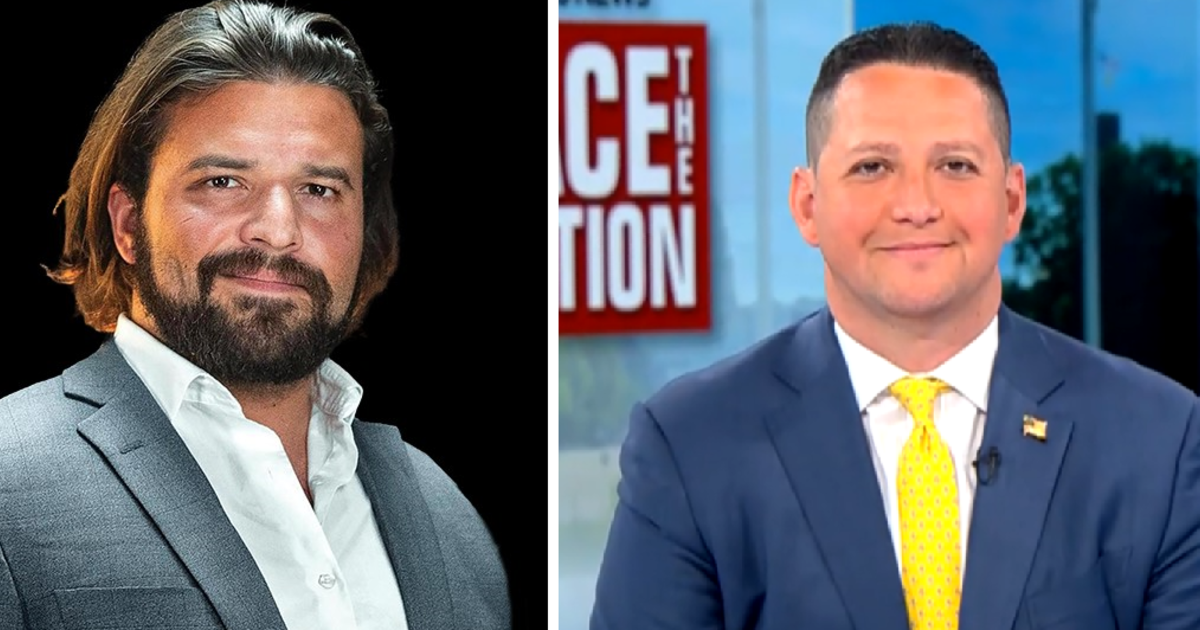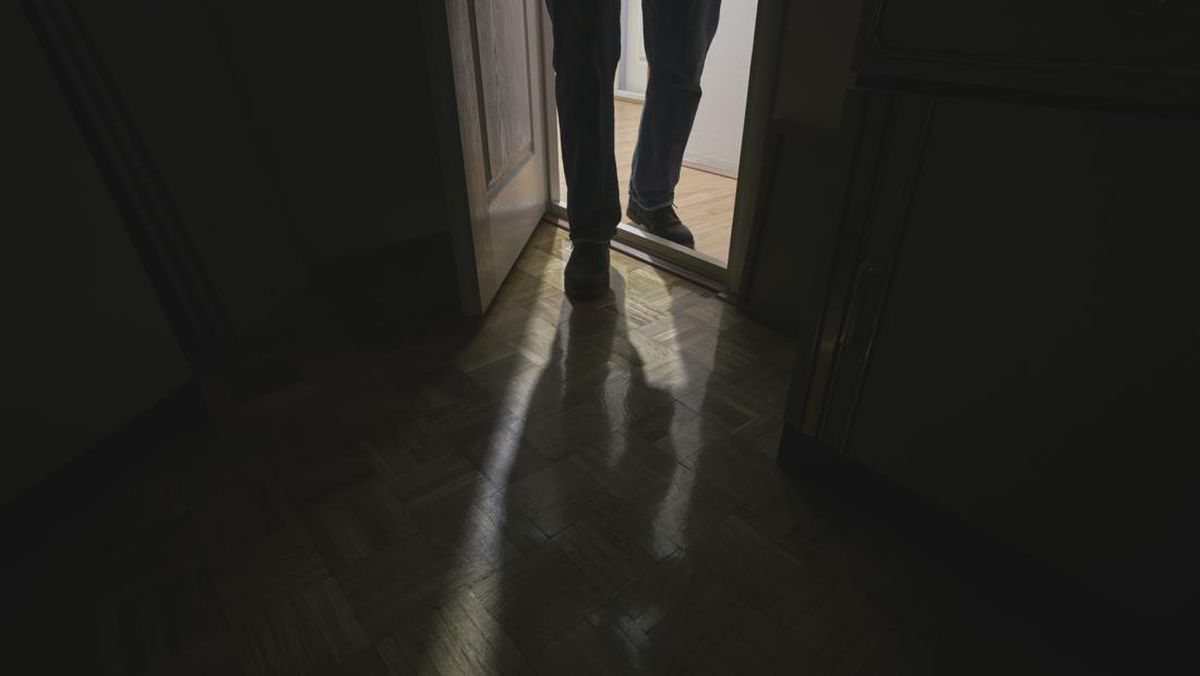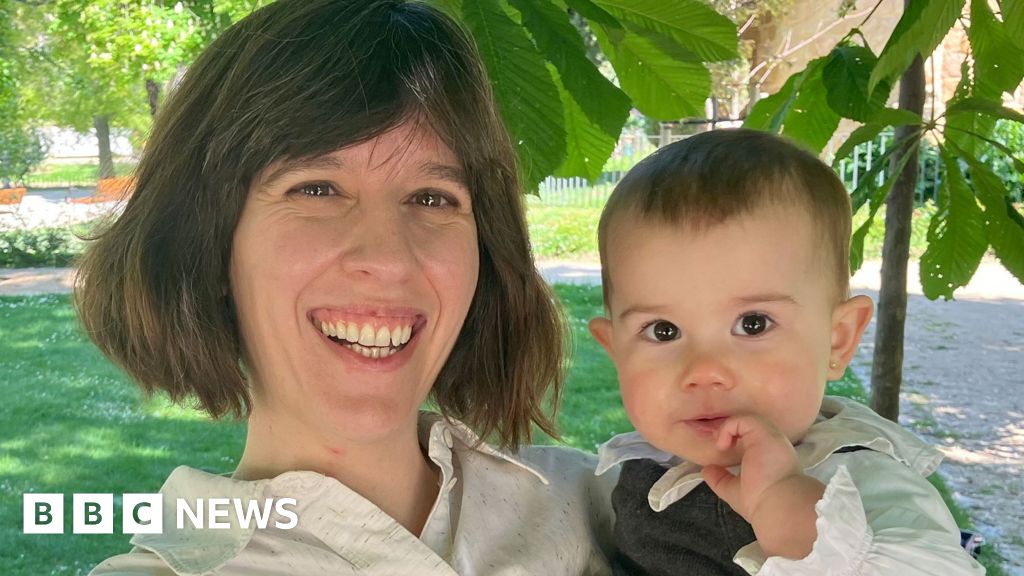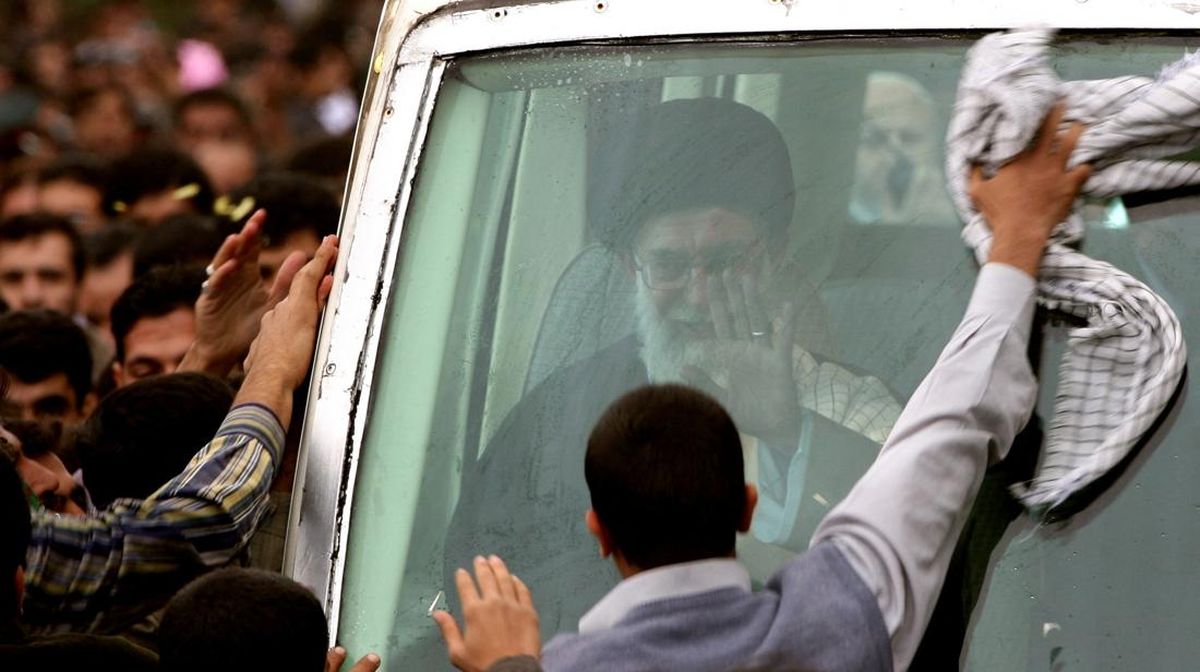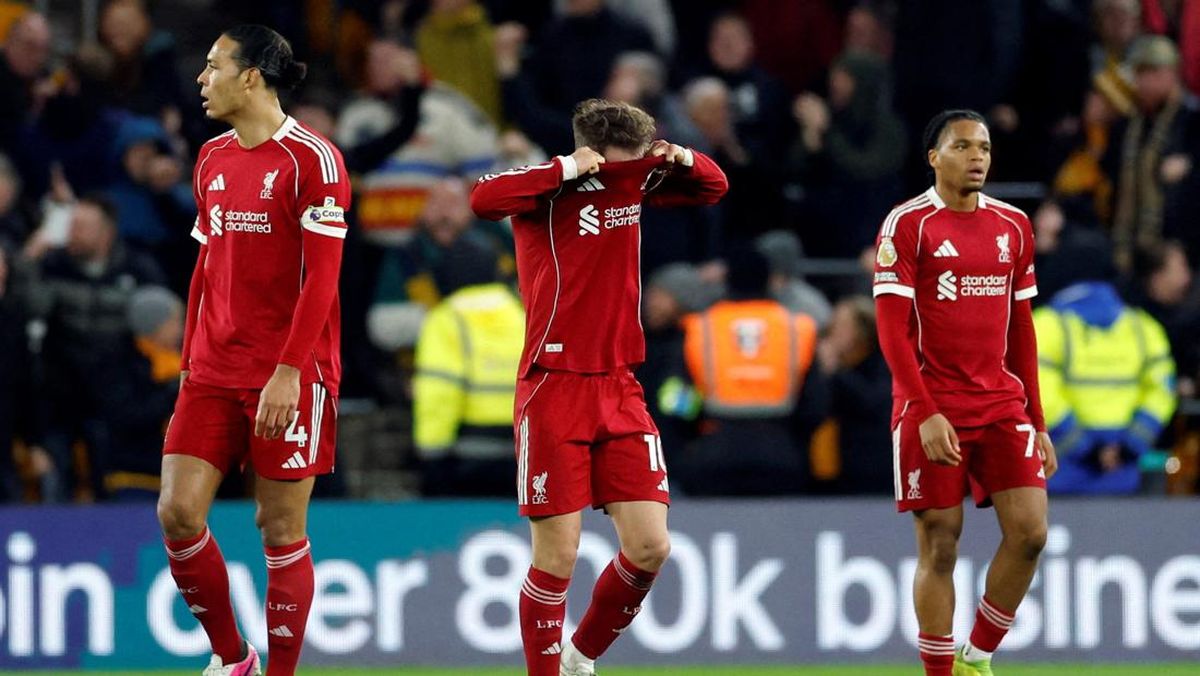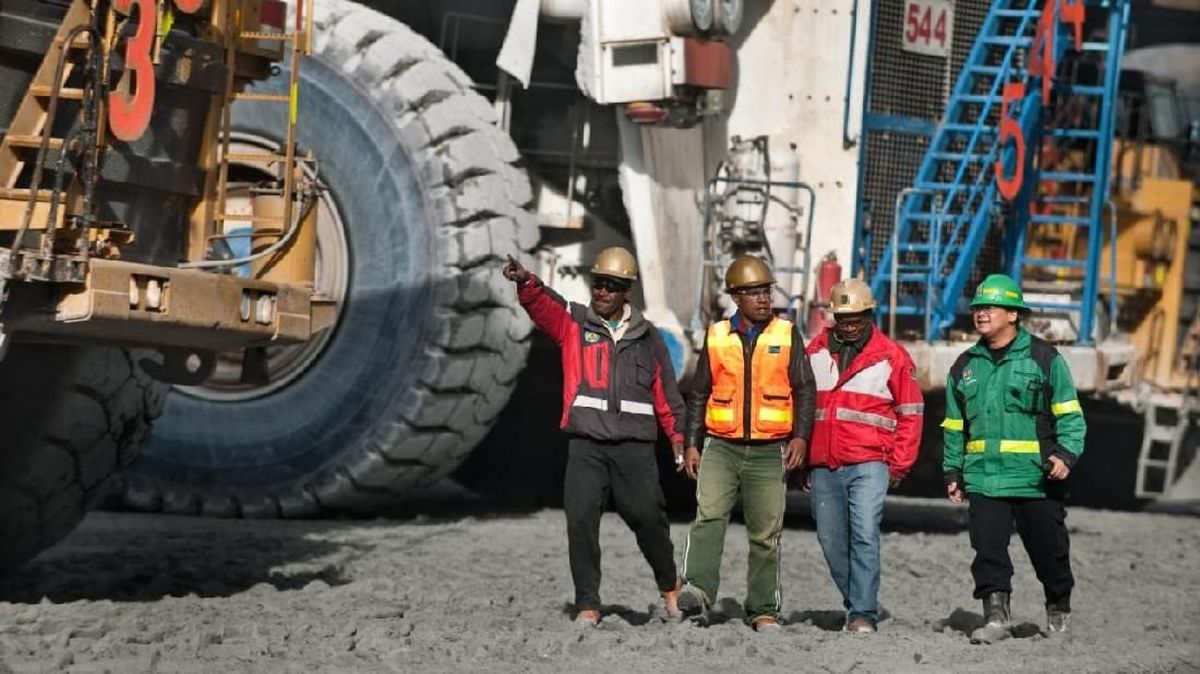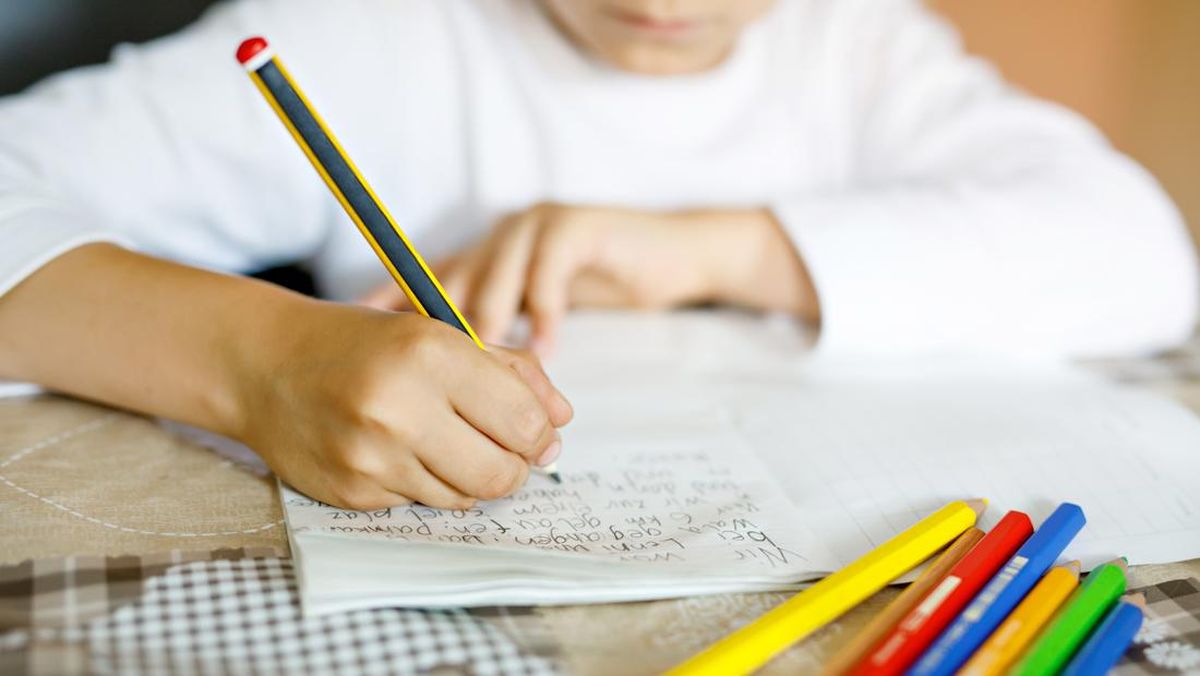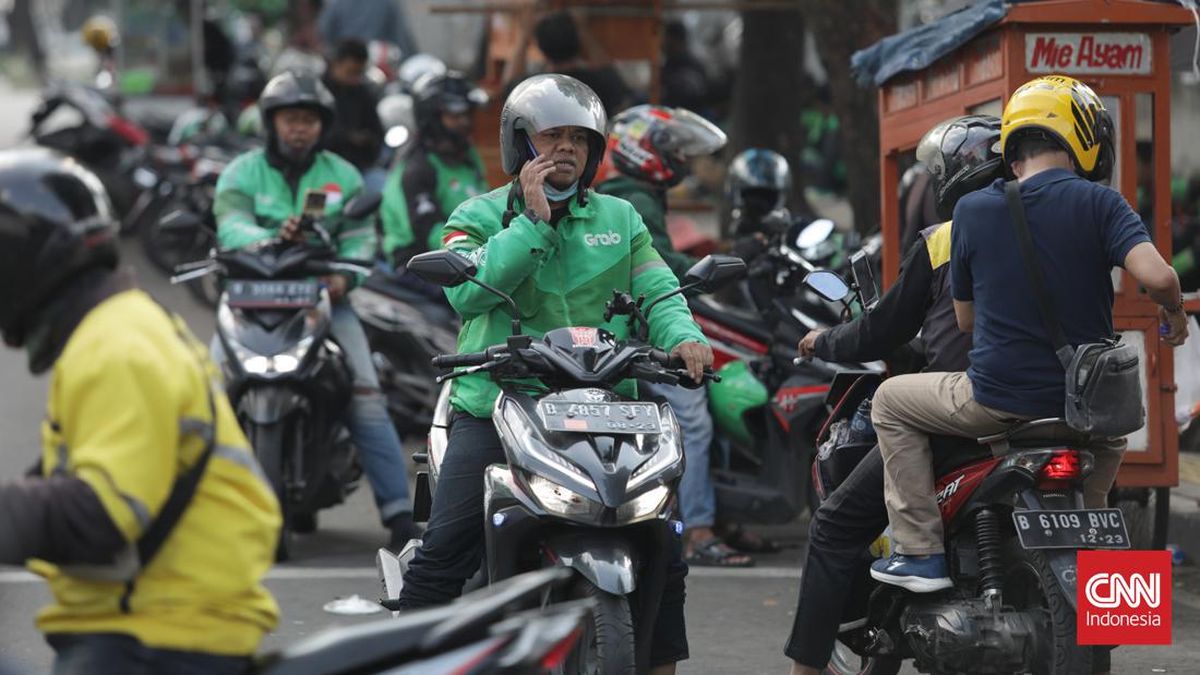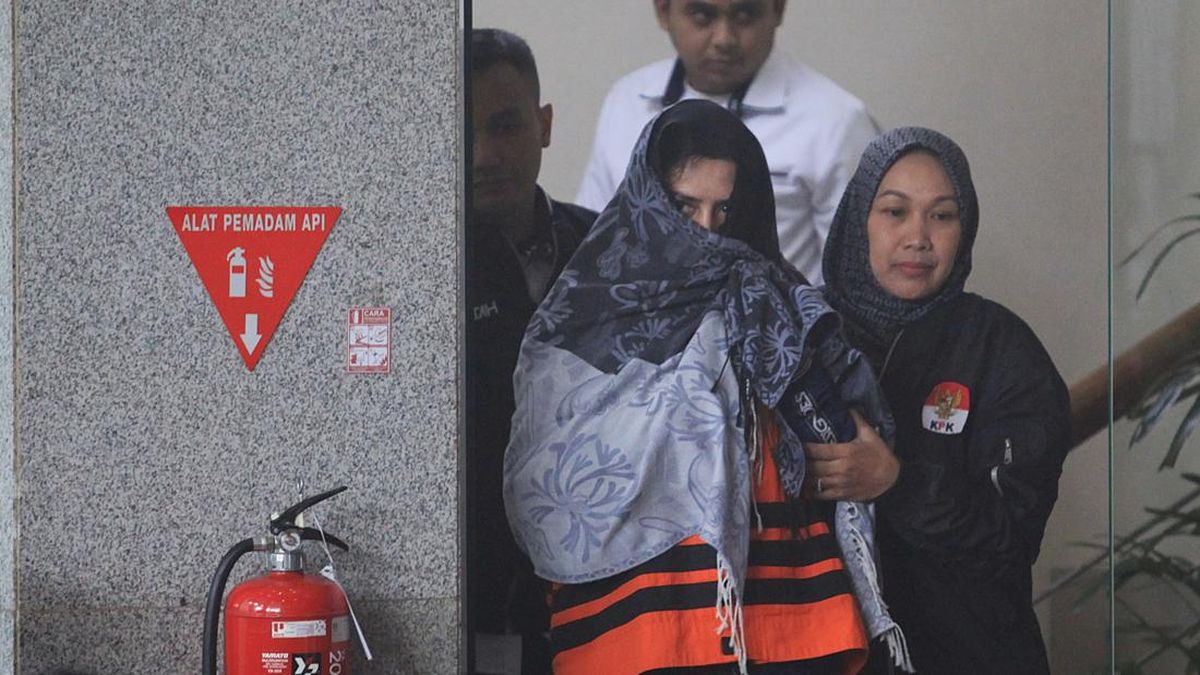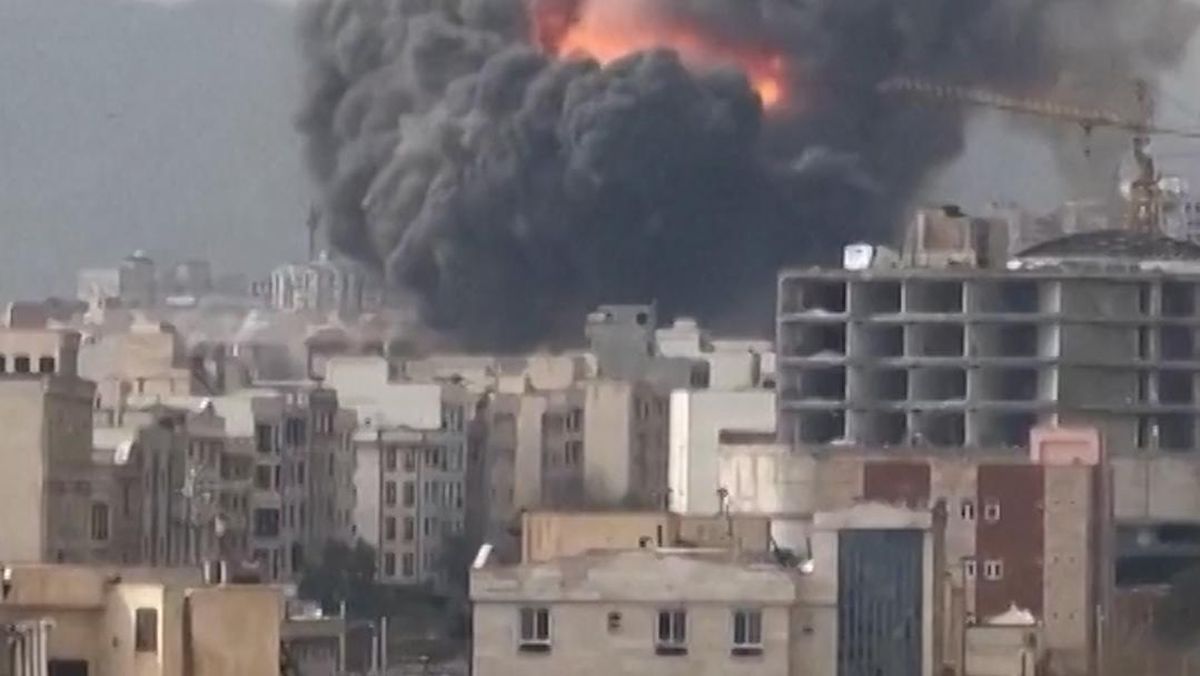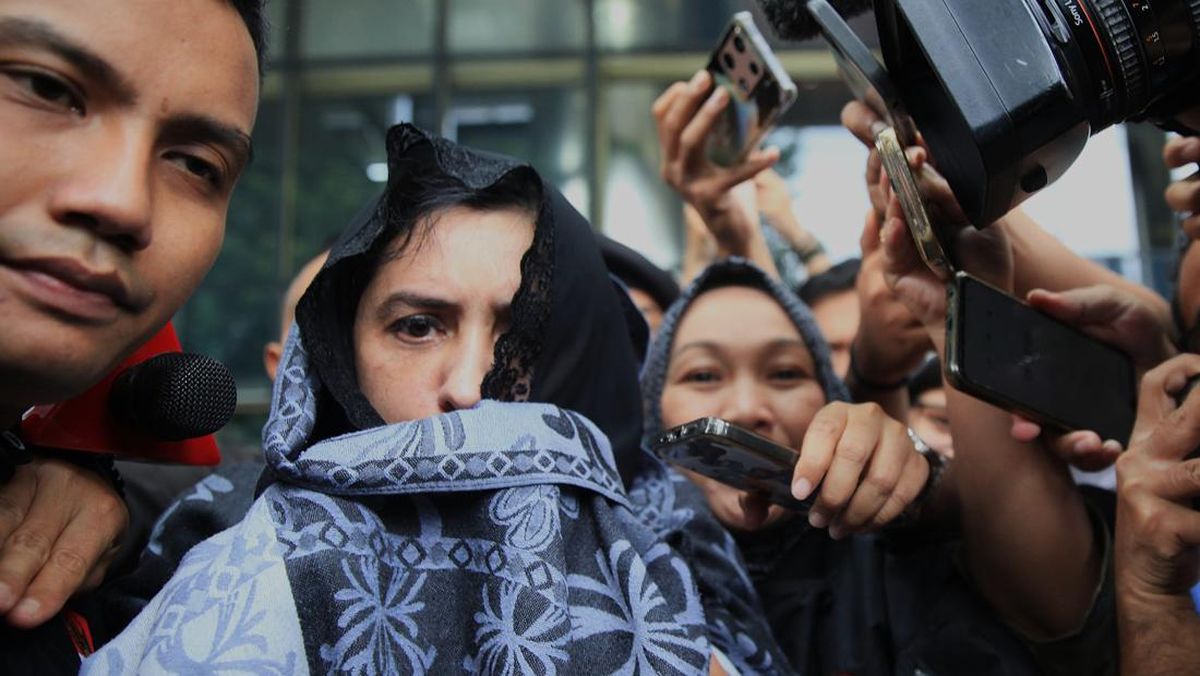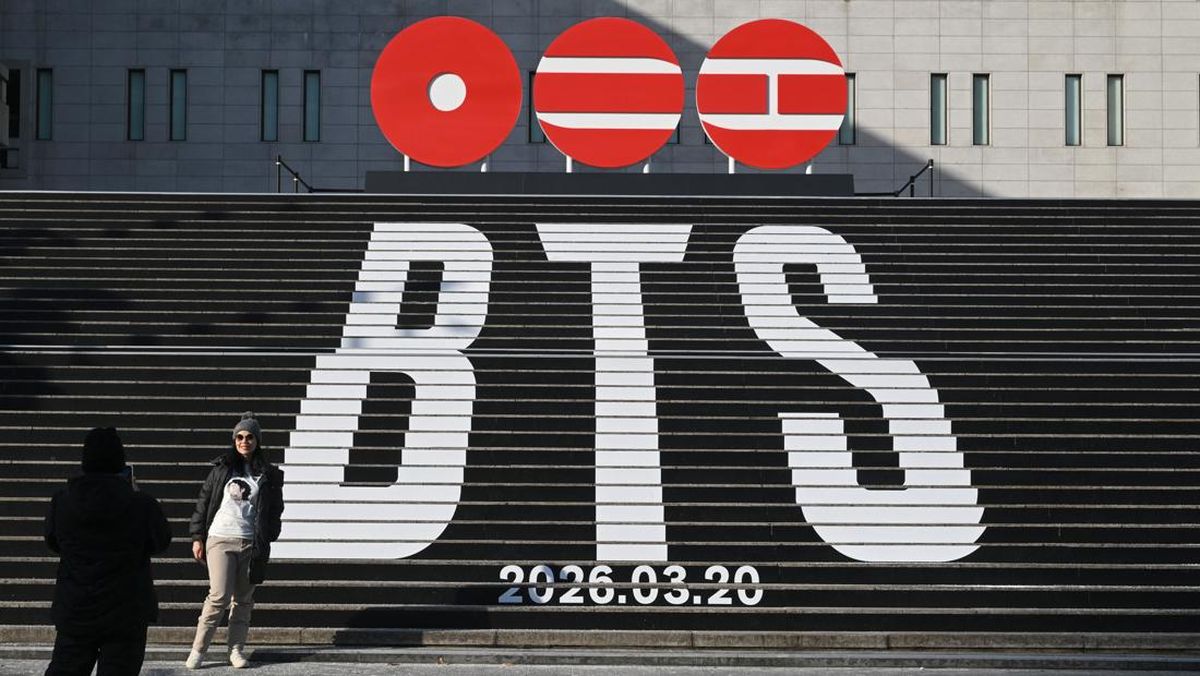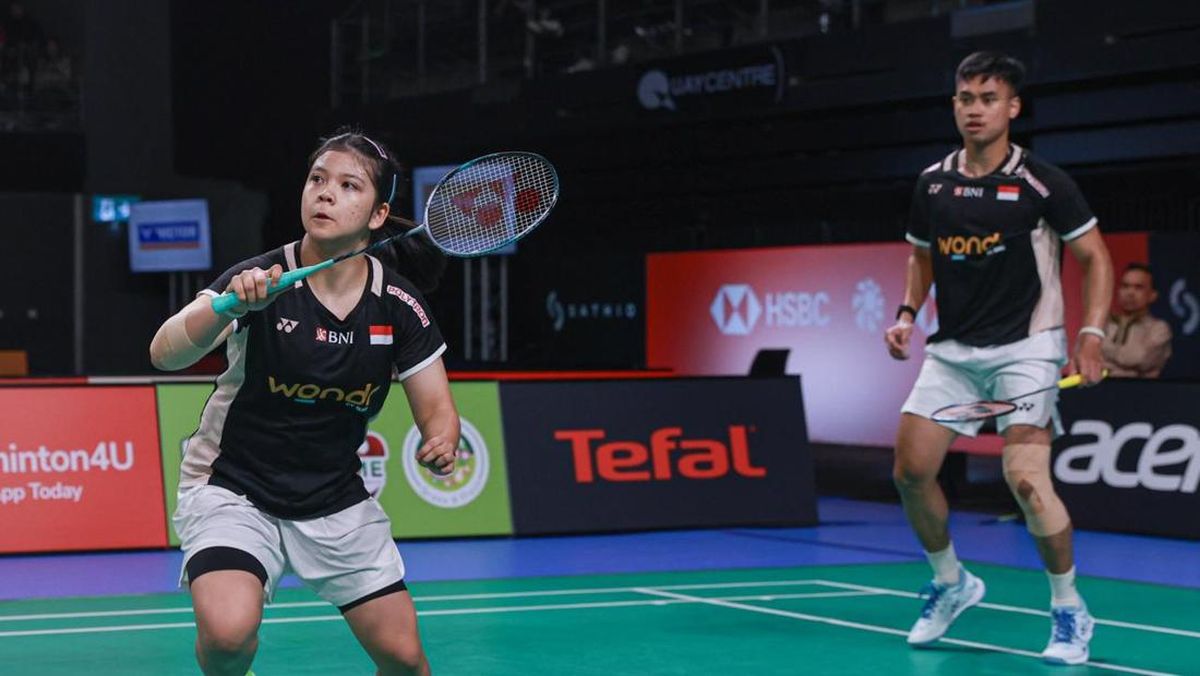
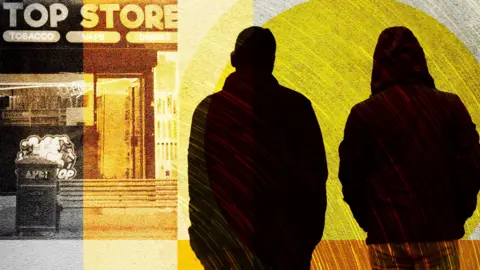 BBC
BBC
Two Kurdish men agreed to go undercover for the BBC and expose a network behind illegal High Street businesses because the criminals are causing harm to the reputation of Kurds in the UK, they say.
The two, who we are calling Saman and Ali, are Kurdish reporters who have both lived legally in the UK for years.
The BBC discovered that a Kurdish crime network was running mini-marts, barbershops and car washes the length of Britain, and wanted to find out more about how it operated and who was involved.
Equipped with secret cameras, Saman and Ali posed as Kurdish asylum seekers with no right to work, looking to buy and run a mini-mart from which to sell illegal cigarettes and vapes.
They were able to uncover how easy it is for someone in these circumstances to set up and run a business on the High Street in plain sight. Those involved, we discovered, pay Kurds who have UK citizenship to register the businesses in their names, helping fool the authorities.
Saman and Ali also managed to secretly film one of those at the centre of the network, who claimed that he could erase government fines of up to £60,000 faced by those employing illegal workers.
"I wanted to play a role in uncovering these illegal activities [...] to say loudly that they don't represent us," says Saman, a former asylum seeker himself. Saman entered the country illegally, having fled Kurdistan - a region that straddles the borders of Iraq, Iran, Turkey and Syria but which is not internationally recognised as a country - because his life was at risk.
The reporters acknowledge that tensions over illegal immigration are high in the UK and say they have both been worried that the investigation could inflame hostilities.
But Ali says that the illegal working "damages the whole Kurdish community" and he feels compelled to "bring it [the criminal network] out into broad daylight".
Separately, Ali says he was concerned the coverage could be seized upon by the far-right.
He says this particularly struck him when he realised that far-right activist Tommy Robinson's Unite the Kingdom march was taking place in London on one of the weekends he was working undercover for the BBC. Placards and flags could be seen at the rally, reading "we want our country back".
Saman and Ali have both been monitoring social media reaction to the BBC investigation from inside the Kurdish community and say it has sparked intense anger for some. One Facebook comment they spotted said: "How can we identify and find [the undercover reporters] to kill them like dogs!"
Another called for their families in Kurdistan to be slaughtered.
They have also read accusations that they were spies for the British government, and traitors to fellow Kurds. "We are not spies, and we have no intention of harming the Kurdish community," Saman says. "Our goal is to expose those who have damaged its reputation. We are proud of our Kurdish identity and deeply concerned about the actions of such individuals."
Watch: BBC's Ed Thomas confronts Surchi of the Top Store mini-mart in Crewe
Ali says he has also come across positive reaction, praising and defending the reporters for exposing wrongdoing and criminality.
He says some young Kurdish men come to the UK having heard they can make money by selling illegal cigarettes.
Reacting to our investigation, Home Secretary Shabana Mahmood said on Tuesday that these kinds of networks "create an incentive for people to come here illegally". An "urgent investigation" has now been launched by the Home Office, it confirmed.
Ali stresses that a small percentage of Kurds based in the UK are involved: "Maybe a minority in the community are involved in this illicit business - damaging the whole community."
It is difficult to establish the exact size of the UK's Kurdish population - official records tend to log nationality rather than ethnicity. The Kurdish Community Centre in Haringey, London, suggests there are a little more than 500,000.

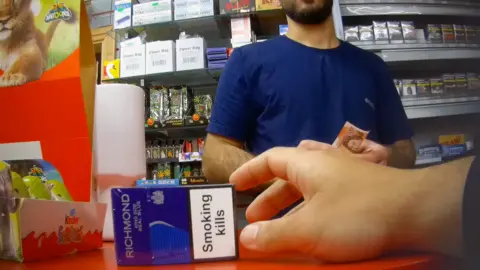
Young Kurdish men "have heard that illegal cigarettes can make you money in the UK", says Ali
Most of those seeking asylum say they are fleeing political persecution, according to Ibrahim Avicil from the Refugee Workers Cultural Association (RWCA), a charity that supports refugees and asylum seekers in the UK.
This was the case for our undercover reporter Saman, who, when he first came to the UK, struggled for years. He says he had to live on less than £20 a week while his asylum claim was considered.
Asylum seekers now receive about £49 a week - or £9.95 if they are in accommodation which provides meals, according to Home Office guidance.
"Realistically speaking, this isn't enough to maintain a dignified life," says Mr Avicil from the RWCA.
Because asylum seekers are largely prevented from working, he feels many are open to being exploited and are effectively "forced to work in the illegal market for as low as £3 per hour".
A spokesperson for the Home Office said: "We make no apology for not granting asylum seekers the right to work - doing so would create an incentive for people to come to the UK illegally."
Asylum cases can take years to be resolved with nearly a third taking more than 12 months, according to government figures from the end of March this year.
Saman says working illegally in a car wash, barbershop or mini-mart would have been very easy to do, but he told us he would never have done that.
However, he says that those he met working in illegal mini-marts during his work with the BBC investigation seemed "lost", especially those whose asylum claim has been refused and who were in the appeals process.
"They used all their money to come to the UK, they had their asylum refused and now they've lost everything."

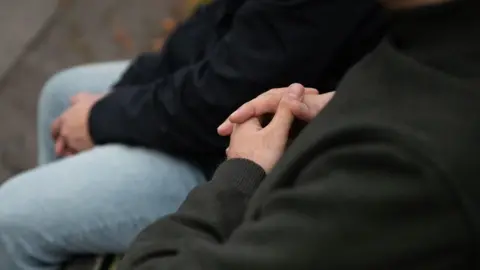
Saman and Ali say illegal working "damages the whole Kurdish community"
Ali agrees that these people seemed desperate.
"If [they] say you're not allowed to work - but also [you] don't get paid enough to survive - what are you supposed to do? Most people in this situation would do anything."
But they also point out that there are people who they exposed in the criminal network that are not in need - they seem to be motivated by greed.
Shaxawan - a Kurdish man exposed to be a key fixer in the network - drives a BMW, he points out.
"He just wants to get richer and richer. He is exploiting people put in a vulnerable position."
Saman describes these people as "shamelessly and ruthlessly" exploiting the system, and says that "many of these people are clever and find loopholes to deceive" the authorities.
But he is at pains to stress that there is nevertheless a sense of "honour, kindness, and hospitality" in the Kurdish community. He is worried that "now the image of Kurds in Britain is changing and becoming negative".
He says: "I want to show the true image of Kurds and make it clear that we are not involved in these illegal activities."

 3 months ago
19
3 months ago
19
